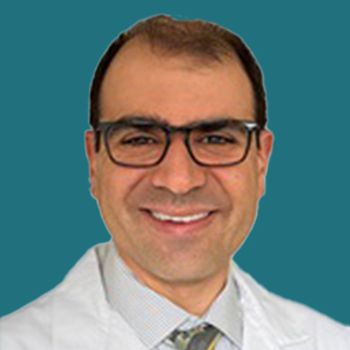
Alfred L. Garfall, MD, MS, discussed data from the phase 2 BMT CTN 1902 trial.

Alfred L. Garfall, MD, MS, discussed data from the phase 2 BMT CTN 1902 trial.
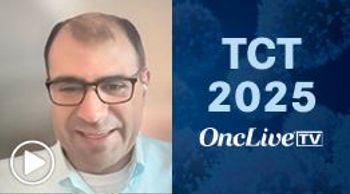
The director of the Autologous Hematopoietic Cell Transplantation, Cell Therapy and Transplant Program at the Hospital of the University of Pennsylvania discussed data from the phase 2 BMT CTN 1902 trial.
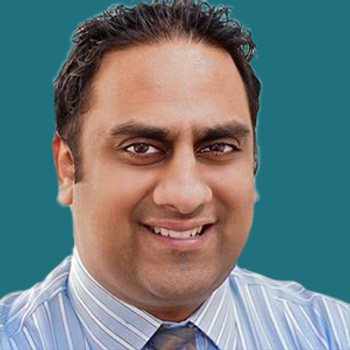
Nirav Shah, MD, an associate professor of medicine at Medical College of Wisconsin, discussed efficacy data presented at the 2025 Tandem Meetings.
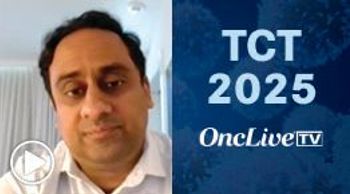
The associate professor of medicine at Medical College of Wisconsin discussed efficacy data presented at the 2025 Tandem Meetings.
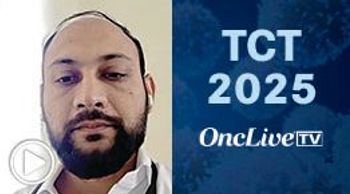
The associate professor of medicine in malignant hematology & stem cell transplantation at Vanderbilt University Medical Center discussed results from a phase 1 clinical trial.
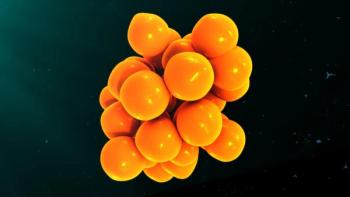
The data, which comes from a phase 2 trial, were presented at the 2025 Tandem Meetings.
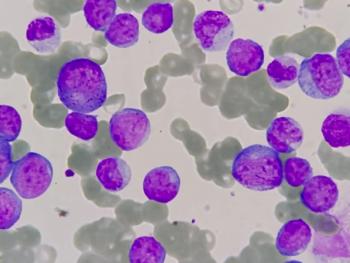
AlloHeme utilizes detection of increased mixed chimerism (iMC) at a threshold of 0.2% or greater in the recipient’s chimerism between 2 consecutive readings to predict relapse.
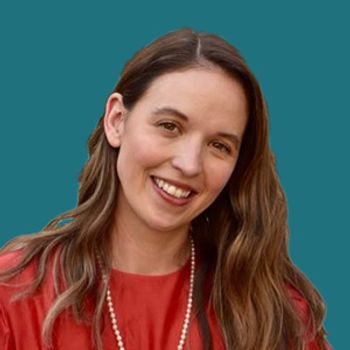
Jessica S. Little, MD, a transplant infectious diseases physician at Dana-Farber Cancer Institute, discussed research on fungal infections in patients receiving HSCT and CAR-T.
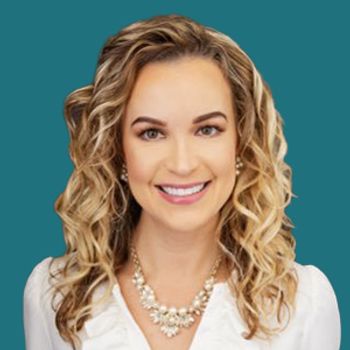
Emilie Aschenbrenner, PharmD, BCOP, a hematology coordinator for pharmacy at Froedtert and the Medical College of Wisconsin, discussed the advantages of each of the 2 modalities in the third and second line settings.
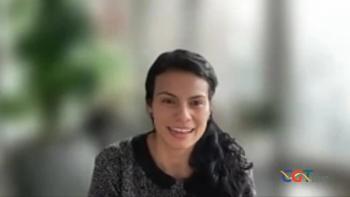
The Assistant Professor of Medicine at Weill Cornell Medical College discussed the changing cell transplant landscape.
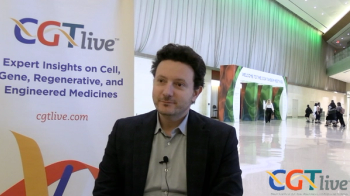
The principal investigator at the Gene Therapy Program of Dana-Farber/Boston Children’s Cancer and Blood Disorder Center discussed innovative uses of gene editing technology.
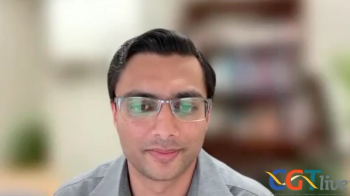
The attending physician and assistant member of bone marrow transplantation and cellular therapy at St Jude Children’s Research Hospital also discussed hurdles to accessibility for SCD gene therapy.
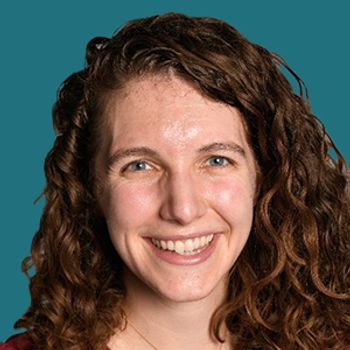
Alexis Kuhn, PharmD, BCOP, a pediatric oncology pharmacist at Mayo Clinic, discussed the incorporation of the recently FDA-approved gene therapies for SCD and TDT into the work of pharmacists.
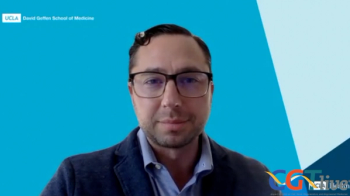
The medical director of the UCLA Bone Marrow Transplantation Stem Cell Processing Center discussed results from a phase 1b trial for allo-HCT alternative Orca-T that he presented at Tandem’s 2024 conference.
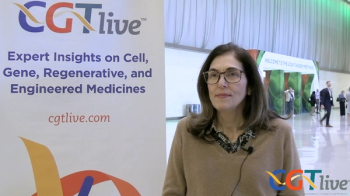
The infectious diseases specialist at Memorial Sloan Kettering Cancer Center discussed the session she chaired for the Infectious Diseases Track at Tandem’s 2024 Meeting.
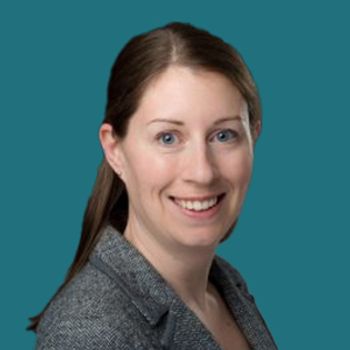
Aimee C. Talleur, MD, a physician at St. Jude Children’s Research Hospital, discussed obstacles to understanding late effects of CAR-T.
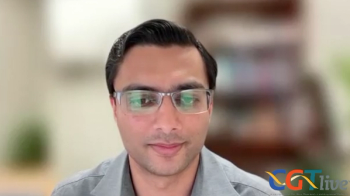
The attending physician and assistant member of bone marrow transplantation and cellular therapy at St Jude Children’s Research Hospital discussed recently approved and still-upcoming gene therapy options for SCD.
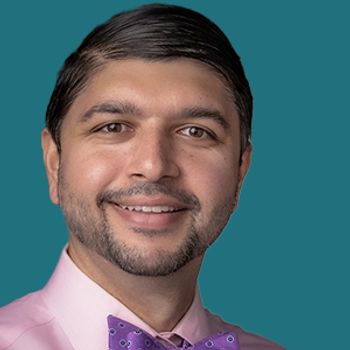
Amar Kelkar, MD, a stem cell transplantation physician at the Dana-Farber Cancer Institute, discussed his research on the value of advanced therapeutics.
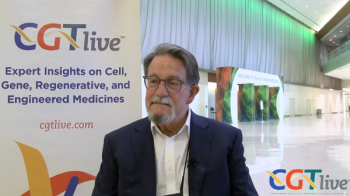
The director of the Center for Gene and Cellular Immunotherapy at Washington University School of Medicine discussed novel innovations that lie on the horizon.
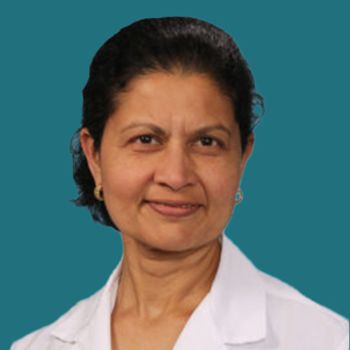
Shalini Shenoy, MD, MBBS, discussed when the choice should be made to transition from symptom management to curative therapies.
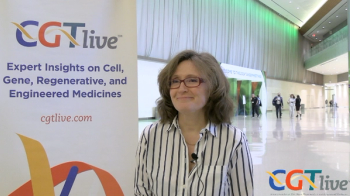
The associate professor in the Translational Science and Therapeutics Division at Fred Hutch Cancer Center discussed her lab’s research on making TCR T-cell therapies more effective.
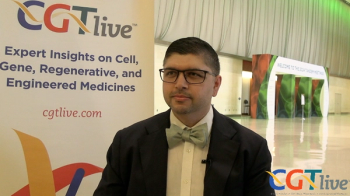
The stem cell transplantation physician at the Dana-Farber Cancer Institute discussed how to look at the value therapies provide and how to improve the cost-effectiveness of their use.
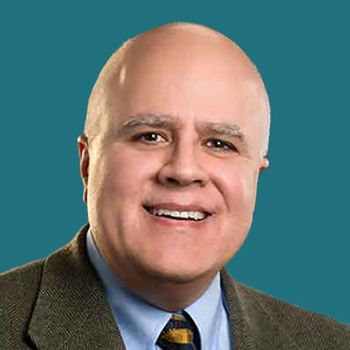
Haydar Frangoul, MD, discussed advantages and disadvantages of haploidentical bone marrow transplant and the 2 new gene therapies for SCD.

Nirav Shah, MD, an associate professor of medicine at Medical College of Wisconsin, discussed LV20.19, a bispecific CD19/CD20-targeted CAR-T being evaluated for chronic lymphocytic leukemia and Richter’s transformation.
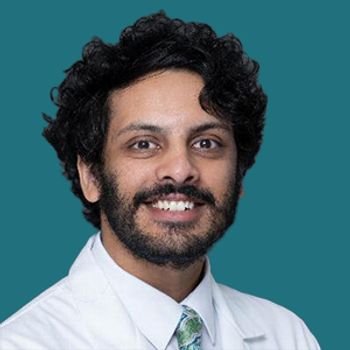
Uttam Rao, MD, MBA, a transplant physician at St. David's South Austin Medical Center of Sarah Cannon, discussed research comparing patient outcomes on different conditioning regimens for CAR-T.
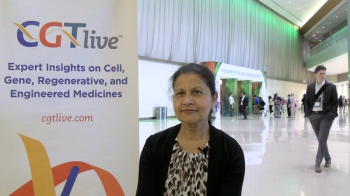
The director of the Stem Cell Transplant & Cellular Therapy Program at St. Louis Children’s Hospital discussed when the choice should be made to transition from symptom management to curative therapies.
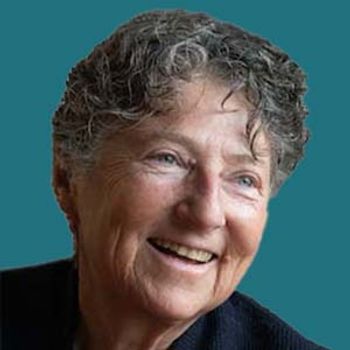
Judy Lieberman, MD, PhD, the endowed chair in cellular and molecular medicine at Boston Children’s Hospital, discussed how there is still much room for growth for RNA therapeutics despite progress so far.
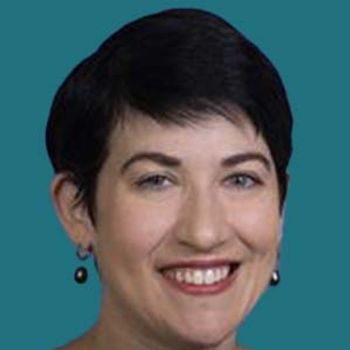
Vivien Sheehan, MD, PhD, an associate professor of pediatrics at Emory University, discussed how patients should be able to choose to try the recently FDA-approved cell-based therapies for SCD when they are ready.
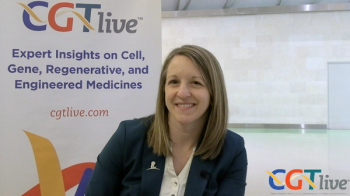
The clinical investigator in the Department of Bone Marrow Transplantation & Cellular Therapy at St. Jude Children’s Research Hospital discussed several areas of interest for research now that CAR-T is here to stay.

Judy Lieberman, MD, PhD, the endowed chair in cellular and molecular medicine at Boston Children’s Hospital, discussed her research on siRNA technology.